
Pride Month is a time to honor and celebrate the LGBTQ+ community, recognizing the struggles and achievements of those who have fought for equality and acceptance. Integrating the stories of influential LGBTQ+ individuals into the classroom can provide students with valuable lessons on resilience, diversity, and the importance of standing up for one’s rights. Here are five historical LGBTQ+ figures whose lives and contributions can inspire and educate students during Pride Month.
1. Marsha P. Johnson (1945-1992)
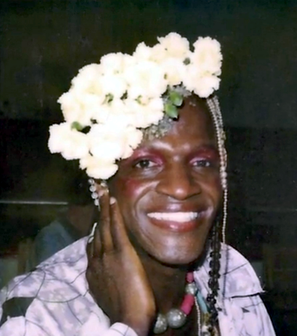
Marsha P. Johnson was a pioneering LGBTQ+ activist and drag performer whose work played a crucial role in the fight for gay rights. A key figure in the Stonewall Uprising of 1969, Johnson’s bravery and activism helped spark the modern LGBTQ+ rights movement. As an African American transgender woman, she co-founded the Gay Liberation Front and the Street Transvestite Action Revolutionaries (STAR), which provided support for homeless LGBTQ+ youth. Johnson’s legacy teaches students about the importance of activism, community support, and the ongoing fight for transgender rights.
2. Harvey Milk (1930-1978)
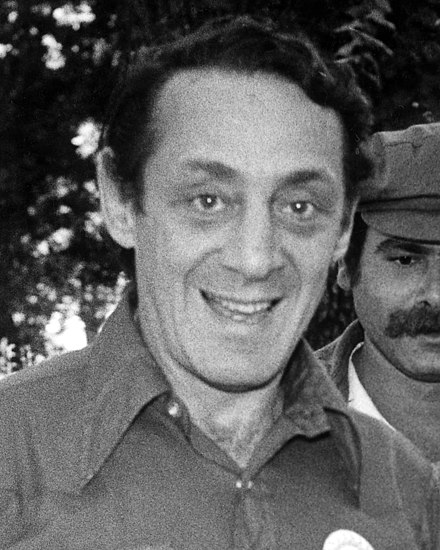
Harvey Milk was one of the first openly gay elected officials in the United States, serving on the San Francisco Board of Supervisors. His election in 1977 was a significant milestone for the LGBTQ+ community. Milk used his platform to advocate for anti-discrimination laws and was instrumental in passing a gay rights ordinance in San Francisco. Tragically, he was assassinated in 1978, but his legacy lives on. Milk’s story demonstrates the power of political activism and the impact that one individual can have on the fight for equal rights.
3. Bayard Rustin (1912-1987)
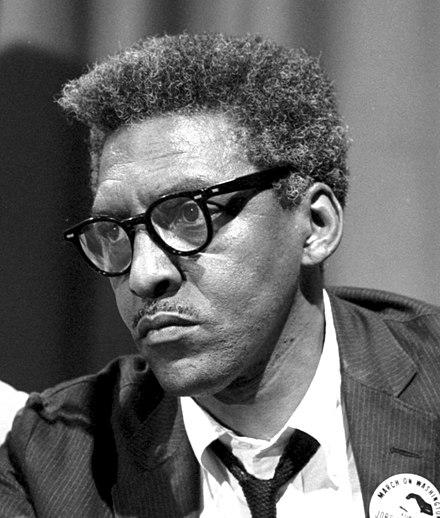 Bayard Rustin was a key advisor to Dr. Martin Luther King Jr. and a chief organizer of the 1963 March on Washington. Despite facing discrimination for being openly gay, Rustin played an integral role in the Civil Rights Movement. His work extended beyond civil rights for African Americans to include labor rights and LGBTQ+ rights. Rustin’s life exemplifies the intersectionality of social justice movements and the importance of fighting for equality on multiple fronts. Teaching students about Rustin highlights the interconnectedness of various social justice causes.
Bayard Rustin was a key advisor to Dr. Martin Luther King Jr. and a chief organizer of the 1963 March on Washington. Despite facing discrimination for being openly gay, Rustin played an integral role in the Civil Rights Movement. His work extended beyond civil rights for African Americans to include labor rights and LGBTQ+ rights. Rustin’s life exemplifies the intersectionality of social justice movements and the importance of fighting for equality on multiple fronts. Teaching students about Rustin highlights the interconnectedness of various social justice causes.
4. Audre Lorde (1934-1992)
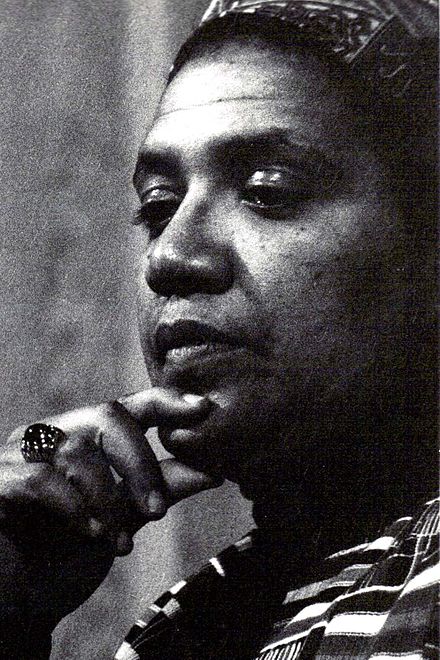
Audre Lorde was a renowned poet, writer, and activist whose work addressed issues of race, gender, sexuality, and class. As a self-described “black, lesbian, mother, warrior, poet,” Lorde used her voice to challenge societal norms and advocate for marginalized communities. Her writings, including “Sister Outsider” and “The Cancer Journals,” remain influential in feminist and LGBTQ+ circles. Lorde’s emphasis on embracing one’s identity and fighting against oppression can inspire students to be proud of who they are and to stand up for justice.
5. Alan Turing (1912-1954)
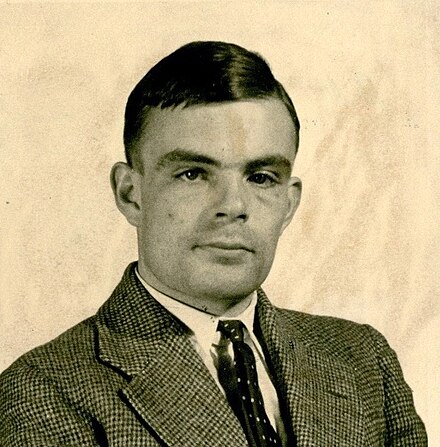 Alan Turing was a brilliant mathematician and logician whose work laid the foundations for modern computing. During World War II, Turing played a crucial role in breaking the German Enigma code, significantly contributing to the Allied victory. Despite his immense contributions, Turing faced persecution for being gay and was chemically castrated by the British government. He died by suicide in 1954. Turing’s story is a powerful reminder of the destructive impact of discrimination and the importance of valuing individuals for their contributions, regardless of their sexual orientation. In 2013, Turing was posthumously pardoned, recognizing the injustice he faced.
Alan Turing was a brilliant mathematician and logician whose work laid the foundations for modern computing. During World War II, Turing played a crucial role in breaking the German Enigma code, significantly contributing to the Allied victory. Despite his immense contributions, Turing faced persecution for being gay and was chemically castrated by the British government. He died by suicide in 1954. Turing’s story is a powerful reminder of the destructive impact of discrimination and the importance of valuing individuals for their contributions, regardless of their sexual orientation. In 2013, Turing was posthumously pardoned, recognizing the injustice he faced.
Integrating These Stories into the Classroom
Incorporating the stories of Marsha P. Johnson, Harvey Milk, Bayard Rustin, Audre Lorde, and Alan Turing into the classroom can provide students with a broader understanding of history and the significant contributions of LGBTQ+ individuals. These figures not only made strides in their respective fields but also paved the way for future generations to live more openly and authentically. By celebrating their lives and achievements, educators can foster a more inclusive and compassionate learning environment.
Pride Month is an opportunity to honor the courage, resilience, and contributions of the LGBTQ+ community. Educating students about historical LGBTQ+ figures enriches their understanding of history and highlights the importance of diversity and inclusion. By sharing these stories, we can inspire the next generation to continue the fight for equality and to celebrate the rich tapestry of human experience.

Learn about the ways Social Studies School Service can support your professional development
Monet Hendricks is the blog editor and social media/meme connoisseur for Social Studies School Service. Passionate about the field of education, she earned her BA from the University of Southern California before deciding to go back to get her Master’s degree in Educational Psychology. She attended the graduate program at Azusa Pacific University pursuing her post-grad Educational Specialist degree in School Psychology and Applied Behavior Analysis and currently works as a School Psychologist in Los Angeles, CA. Her favorite activities include traveling, watching documentaries on mental health, and cooking adventurous vegetarian recipes with her husband.